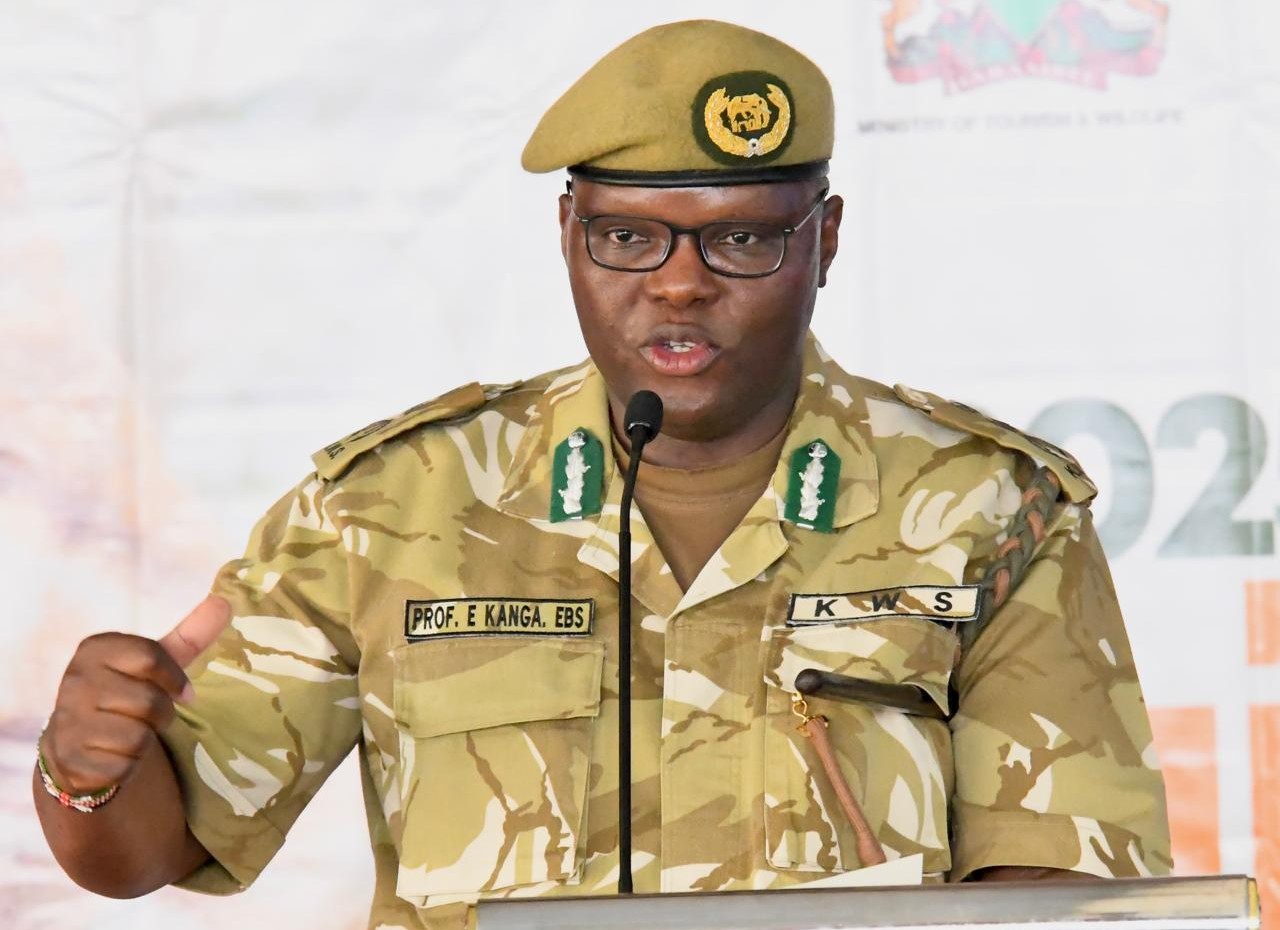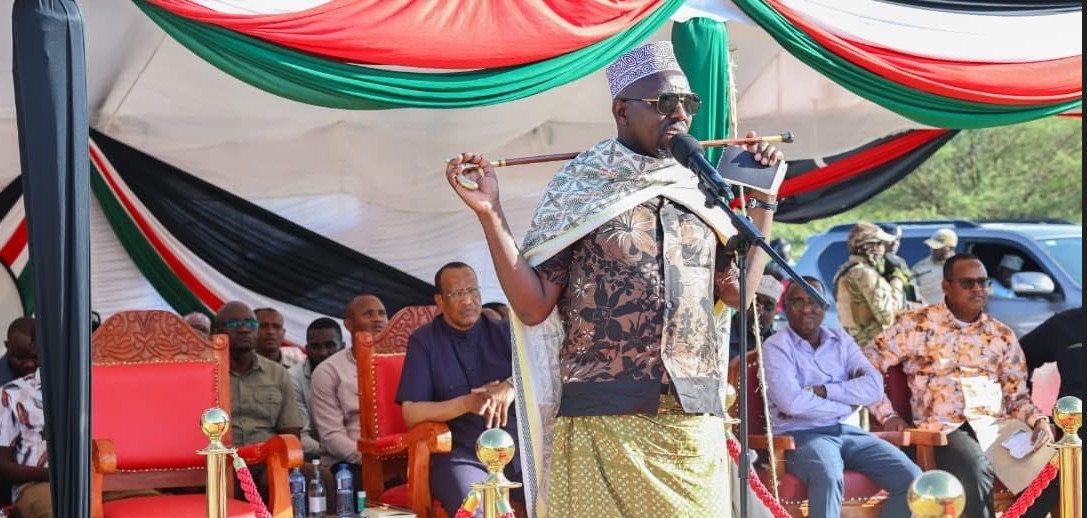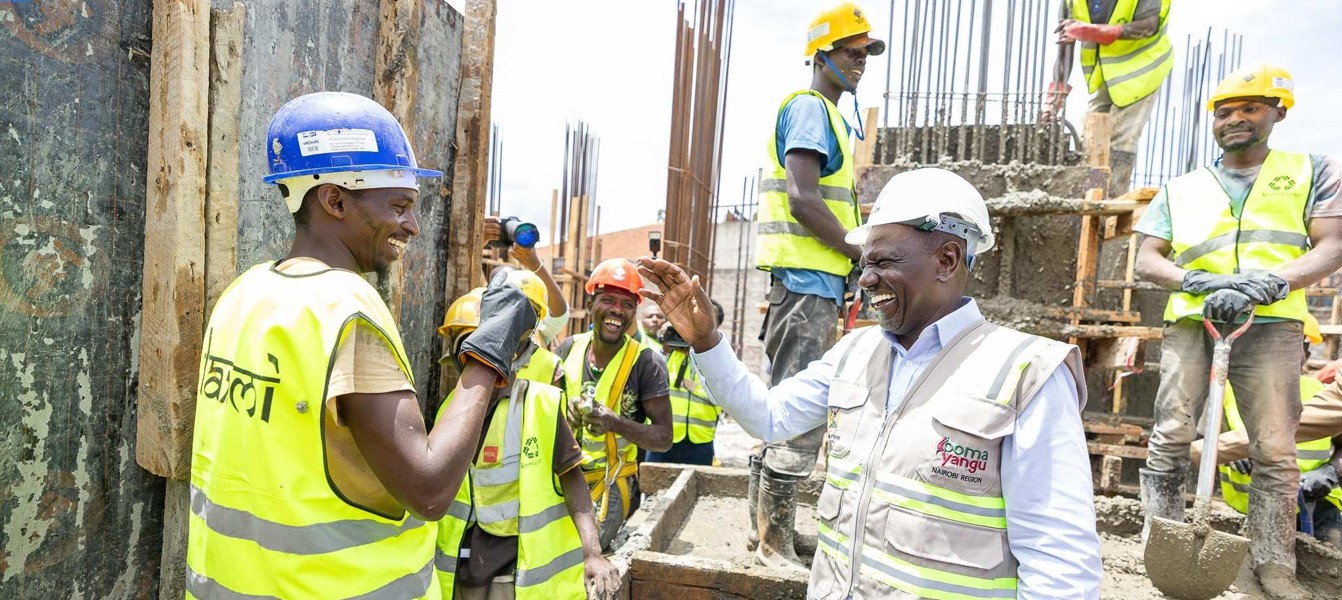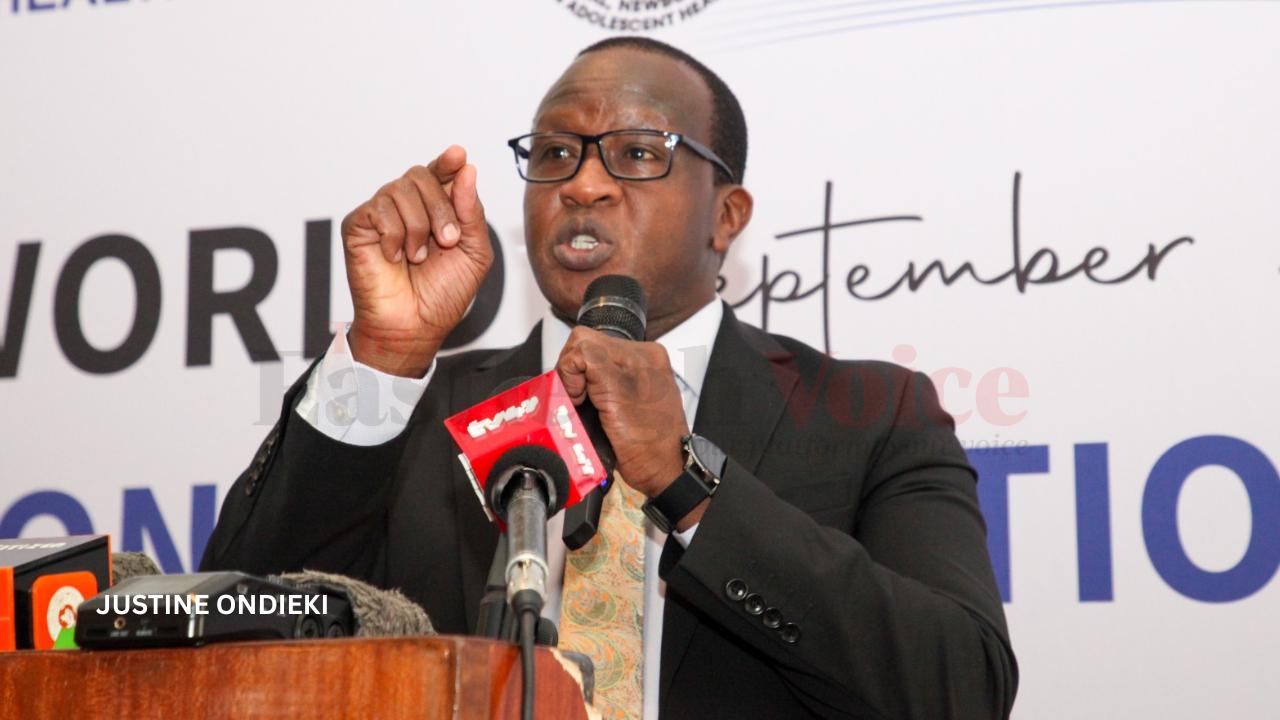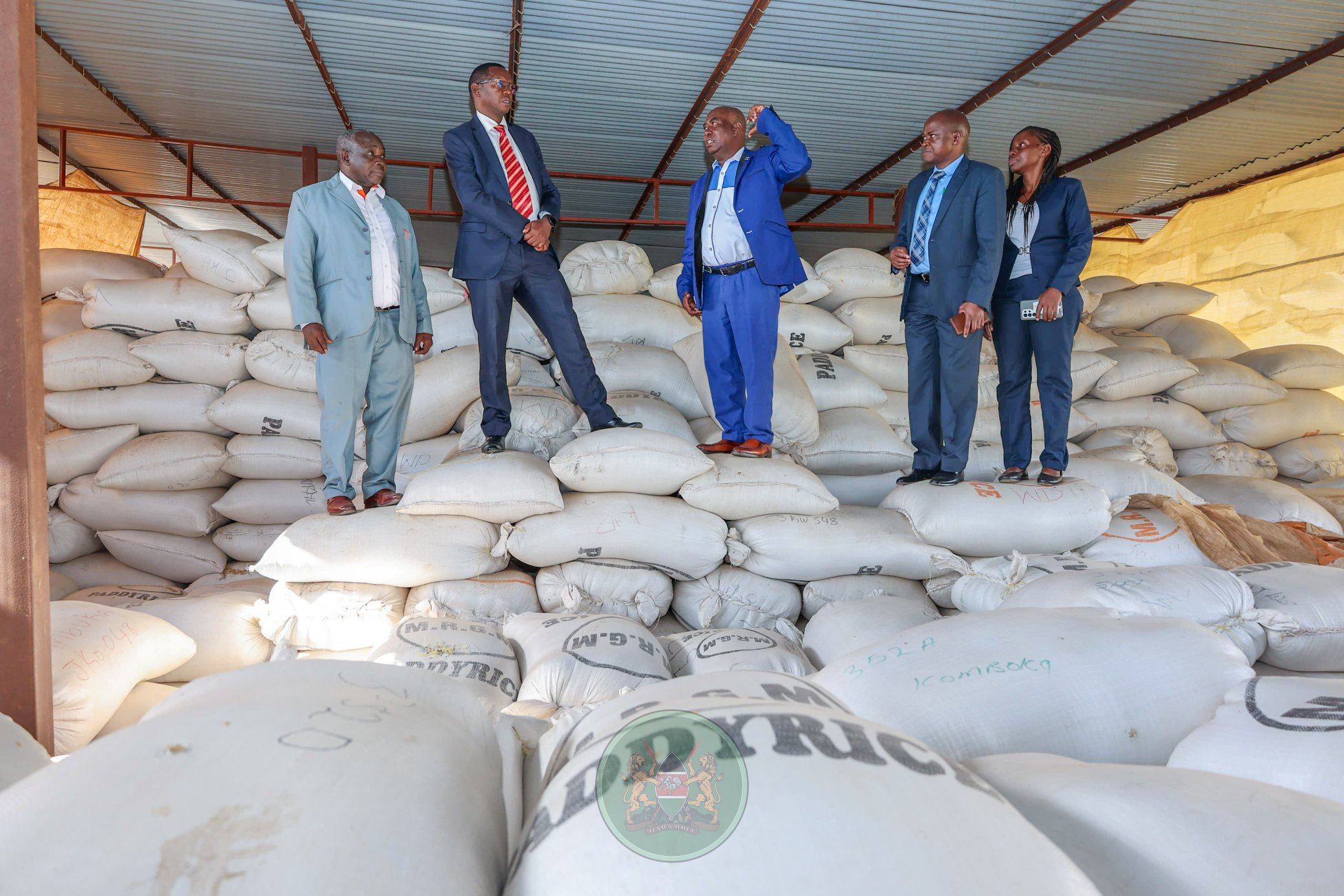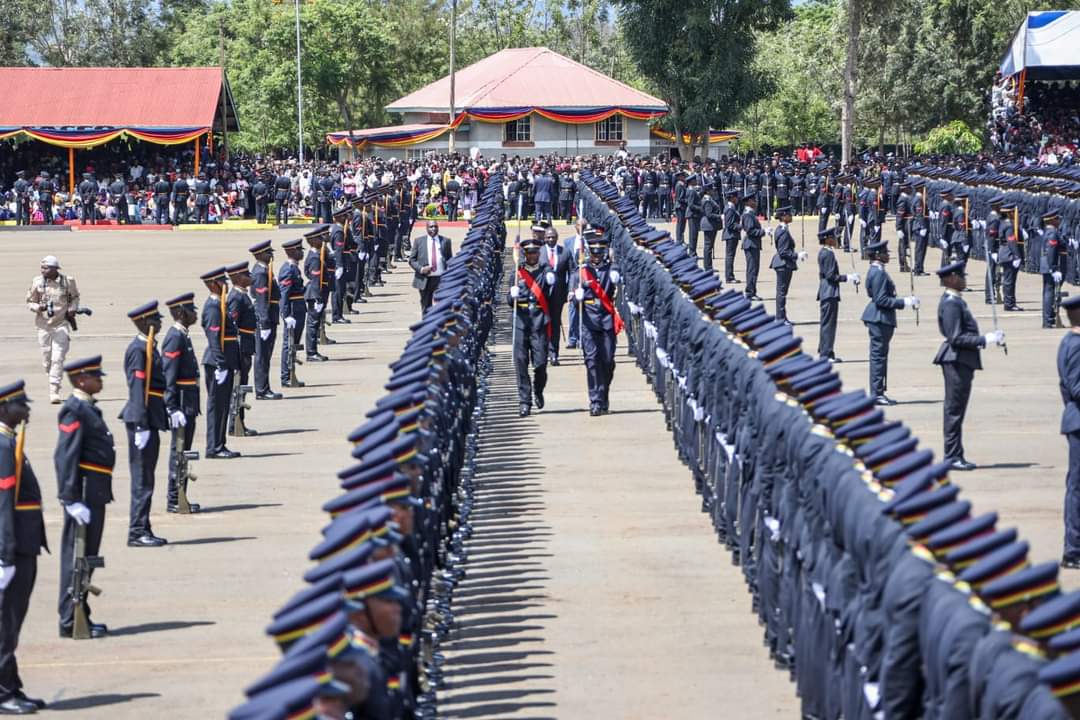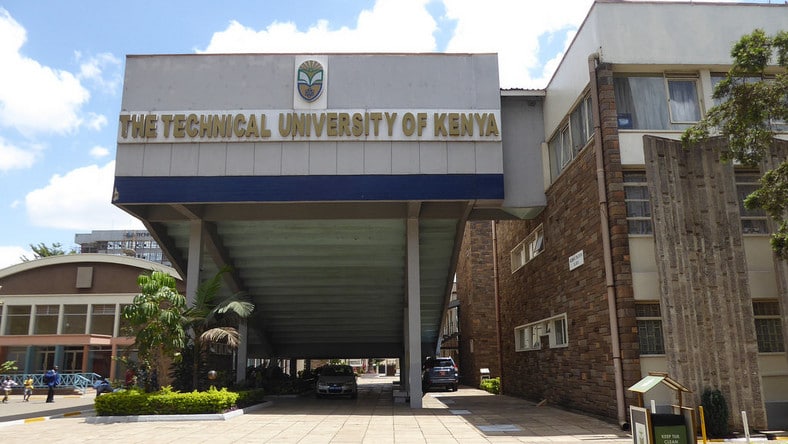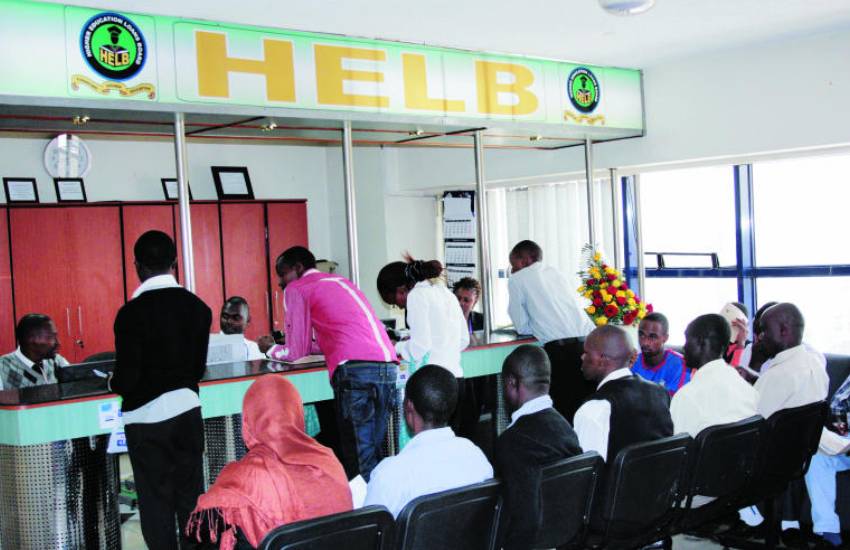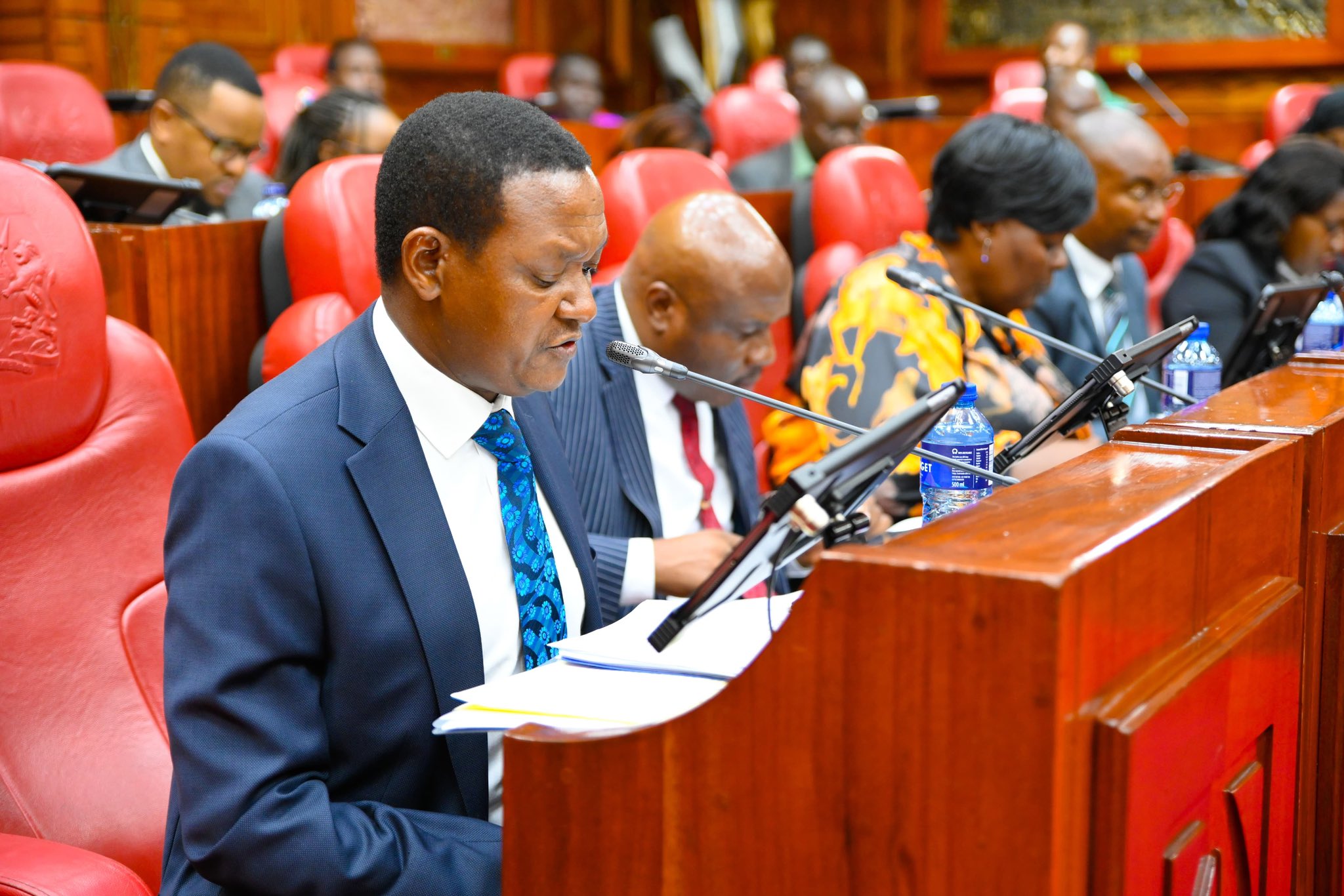Male MPs urged to champion gender equality and support women’s legislative agenda
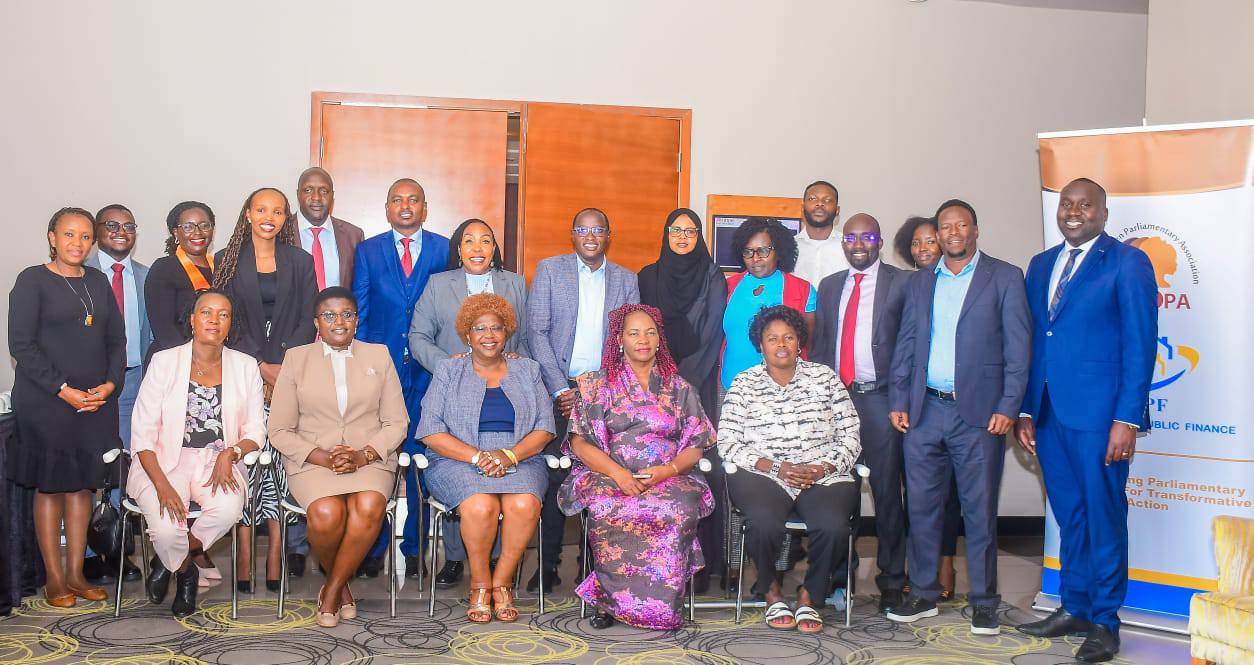
KEWOPA noted that many male legislators still misunderstand gender issues, which undermines women’s participation in decision-making and policy formulation.
Women Members of Parliament have raised concerns over persistent gender biases in Parliament, urging their male colleagues to actively support women’s legislative agenda and champion gender equality.
The Kenya Women Parliamentary Association (KEWOPA) noted that many male legislators still misunderstand gender issues, which undermines women’s participation in decision-making and policy formulation.
More To Read
- 30 years of advancing gender equality: Achievements, setbacks, and the road ahead
- Gender equality: UN Women calls for political will and accelerated global action
- Women outpace men in high-skill job growth, says ILO
- Gender equality is the goal, but how to get there? Case study of South Africa and Australia shows that context matters
- MPs propose special seats to meet Kenya’s two-thirds gender rule quota
- Kenya’s first Maendeleo ya Wanawake chairperson Phoebe Asiyo dies at 93
The call came during a meeting organised by KEWOPA and the Institute of Public Finance (IPF), aimed at equipping male MPs as allies in addressing gender gaps and promoting women’s legislative priorities.
Speaking at the event, Marakwet West MP Timothy Toroitich emphasised the need for sustained engagement with Parliament and the Independent Electoral and Boundaries Commission (IEBC) to correct misconceptions about gender.
“A majority of MPs don’t understand what gender means. Even during the election period, women are told the Constituency and Senator seats are for men and that theirs is the woman representative seat,” Toroitich said.
Mukurweini MP John Kaguchia praised the initiative, noting that the sessions clarify KEWOPA’s role.
“These interactions are enlightening. We thought KEWOPA cripples men, but now we are enriched. Train more male MPs if possible,” Kaguchia said.
Other legislators also shared their perspectives. Kesses MP Julius Ruto encouraged women leaders to reciprocate support for male MPs.
“Girls are now coming out strong. I feel the discussions about gender should come out in all aspects,” Ruto said.
Tharaka Nithi Woman Rep Susan Ndunge called for consistent male backing of women’s agenda.
“We don’t need more justification to empower women. We want sincere support from male MPs,” Ndunge said.
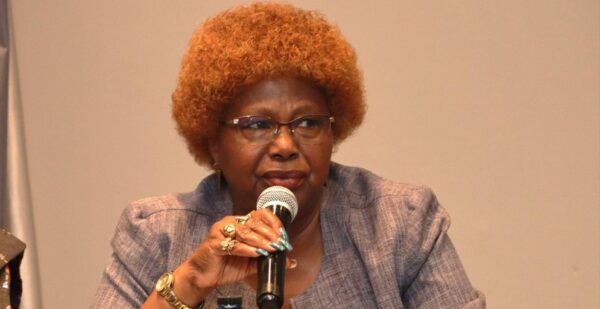 Naivasha MP Jayne Kihara speaks during the meeting convened by KEWOPA and the Institute of Public Finance. (Photo: Parliament of Kenya)
Naivasha MP Jayne Kihara speaks during the meeting convened by KEWOPA and the Institute of Public Finance. (Photo: Parliament of Kenya)
Grassroots empowerment
Naivasha MP Jayne Kihara stressed the importance of grassroots empowerment.
“An empowered woman empowers the whole world. Assuming you train 50 women in Naivasha, these women will empower more women. Women are the ones who run the economy of this country, and so they need to know where we are coming from, including matters budget,” Kihara said.
Mwea MP Mary Maingi urged legislators to focus on economic empowerment initiatives targeting women.
Bungoma County MP Catherine Wambilianga called for wider sensitisation and for women to actively champion their own agenda.
“We need to speak for each other. For instance, the funding allocated to County MPs is a mockery. Being allocated Ksh. 6M to run programs in each constituency is technically chaotic,” Wambilianga said.
Teso South MP Mary Emaase commended KEWOPA and IPF for ongoing capacity-building efforts.
“The trainings have impacted positively on the legislators. Train more male MPs for sustained impact to help demystify gender issues,” Emaase said.
“Having interacted with female MCAs in most counties, they feel KEWOPA should be expanded to accommodate them so that they may benefit from the trainings as well.”
KEWOPA Executive Director Mercy Mwangi urged both male and female MPs to integrate gender issues into their campaigns.
“Are you incorporating gender issues in your campaign Manifestos? When talking to Women, do you just campaign or also push for the women’s agenda?” Mwangi posed.
IPF Programme Officer Victoria Wausi highlighted the critical role of women in leadership, citing research showing that women’s participation significantly drives fiscal and policy reforms.
“From our research analysis, it has been demonstrated that women's leadership is a driver for fiscal and policy reforms,” Wausi said.
Top Stories Today
